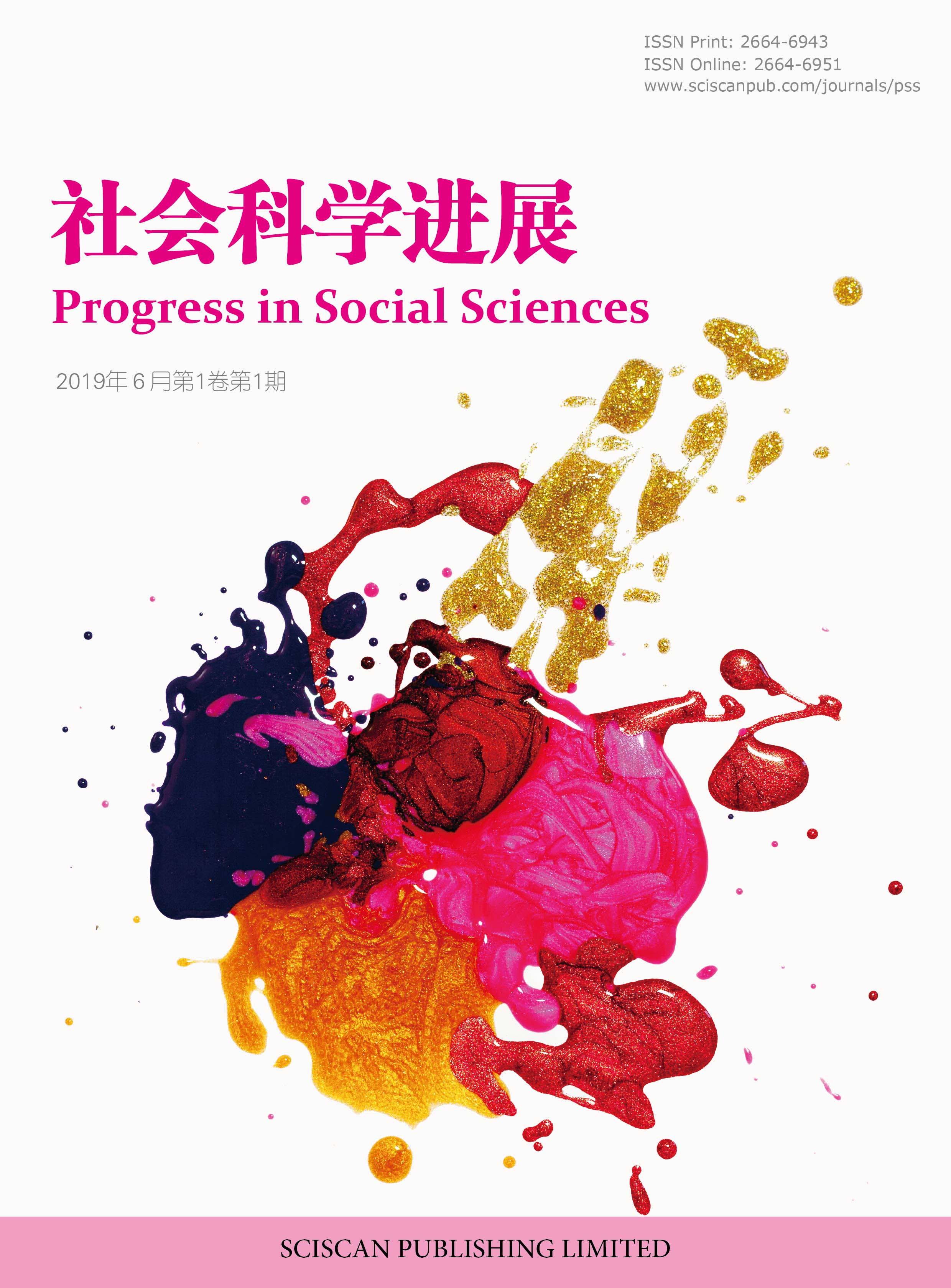Progress in Social Sciences
ISSN Print:2664-6943
ISSN Online:2664-6951
Contact Editorial Office
Subscribe to the latest published information from SCISCAN
日本近代家庭中的厌女症
Misogyny in Modern Japanese Families
- Authors: 钟荟娴
-
Information:
东南大学外国语学院,南京
-
Keywords:
Modern Japanese family; Misogyny; Feminism日本近代家庭; 厌女症; 女性主义
- Abstract: From the perspective of gender theory, this paper studies the specific manifestations and causes of misogyny in modern Japanese families. Misogyny is a “symptom” of widespread social hate or contempt for women. It is reflected in the father, mother, son and daughter as family members respectively. The reason why there is such misogyny is related to the influence of the “revised” patriarchy, which was “corrected” by law after the Meiji Restoration, on family status and division of labor, industrialization, and the connotation of family education advocated in modern times. 本篇论文从社会性别理论视角出发,对日本近代家庭中的厌女症的具体表现及其产生的原因进行了研究。所谓“厌女症”,是指社会上普遍存在的对女性厌恶或蔑视的一种“症状”。日本近代家庭中的厌女症分别体现在身为家庭成员的父亲、母亲、儿子和女儿身上。之所以会有这样的厌女症存在,与明治维新以后被法律“正名”的“改版”父权制对家庭地位和分工的影响、产业化,以及近代鼓吹的家庭教育的内涵不无关联。
- DOI: https://doi.org/10.35534/pss.0305038
-
Cite:
钟荟娴.日本近代家庭中的厌女症[J].社会科学进展,2021,3(5):475-482.
















